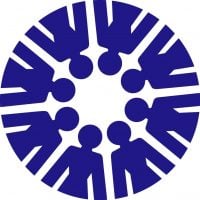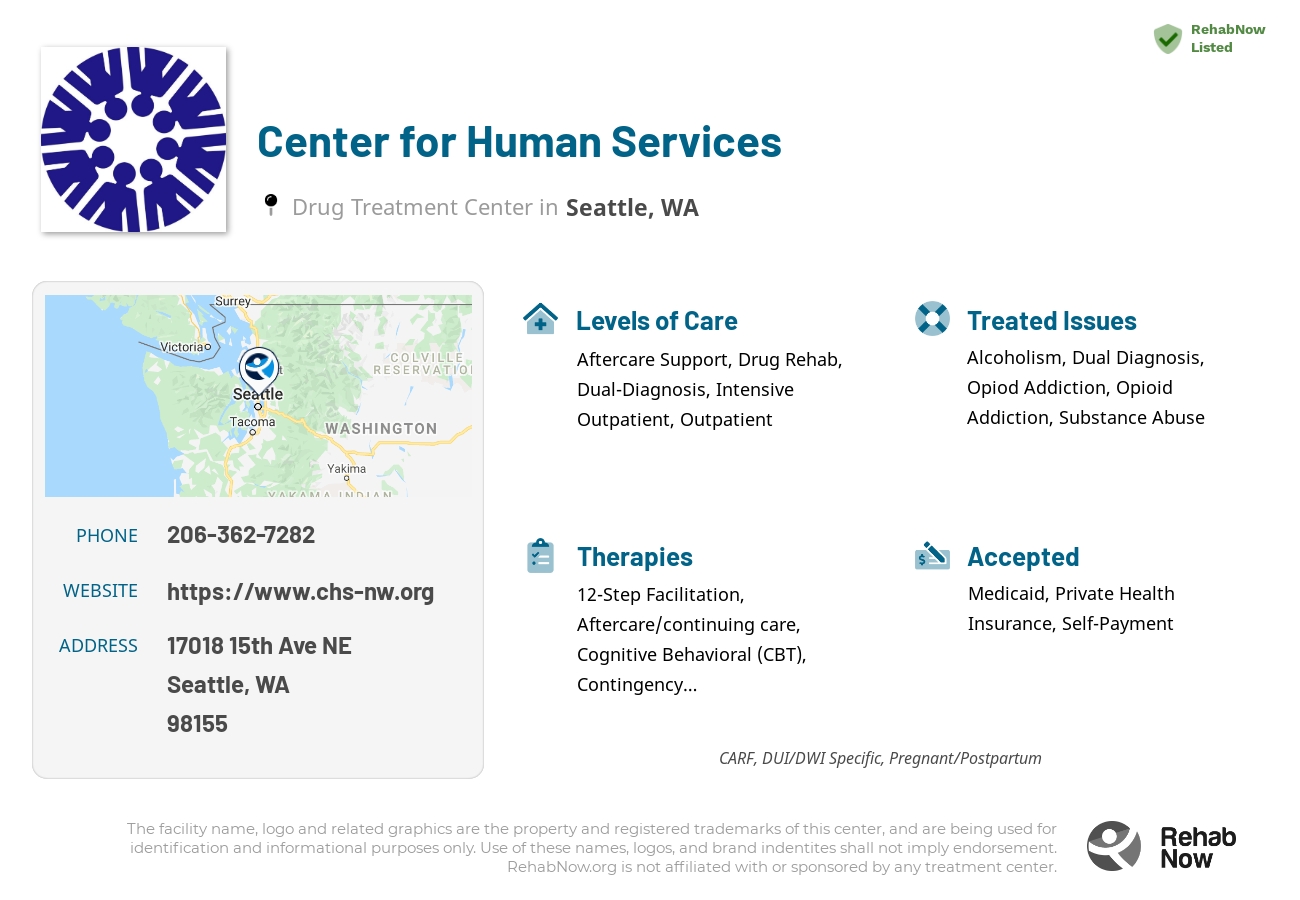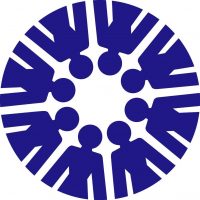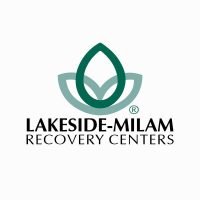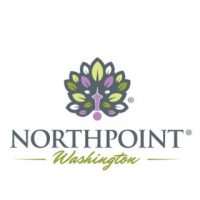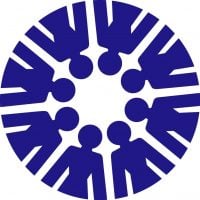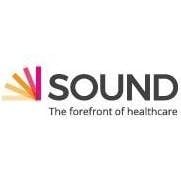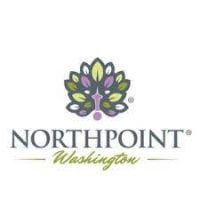About This Seattle, WA Facility
The Center for Human Services (CHS) is a multi-disciplinary team of substance use disorder specialists located in Seattle, Washington. Their facility provides an array of services including clinical evaluation, assessment, and outpatient treatment. They specialize in treating individuals with addiction and substance use issues, taking an individualized approach to meet the unique needs of each client. CHS also offers multiple forms of psychotherapy, relapse prevention and support, medication-assisted treatment, family therapy, and case management.
CHS offers evidence-based treatments for addiction and substance use, supported by trained clinicians with expertise in this field. Their program focuses on enabling clients to identify and address the underlying causes of their substance use disorder. A combination of individual and group therapy, medication-assisted treatments such as naltrexone and buprenorphine, and education about addiction and recovery helps clients develop the skills to maintain abstinence and manage their symptoms.
In addition to its comprehensive treatment options, CHS is proud to be accredited by the Commission on Accreditation of Rehabilitation Facilities (CARF) and to also hold a license from the Washington State Department of Health. CHS also honors an annual award recognizing individuals who have demonstrated commitment to the field of substance use disorder and recovery. They also collaborate with a range of community partners to create opportunities to help individuals achieve their recovery goals.
Genders
Ages
Modality
Additional
Accreditations

CARF
The Commission on Accreditation of Rehabilitation Facilities (CARF) is a non-profit organization that specifically accredits rehab organizations. Founded in 1966, CARF's, mission is to help service providers like rehab facilities maintain high standards of care.
Conditions and Issues Treated
Rehab centers exist in Seattle, WA to help individuals bounce back from substance abuse, which is an umbrella term for drug and alcohol addiction. Drug addiction refers to the use of illegal drugs and improper use of prescription drugs. Centers like Center for Human Services provide individuals a chance to access individual and group therapy that can be monumental for recovery.
Substance abuse includes all problems that stem out from using various psychoactive substances. It is also a diagnostic term used by Diagnostic and Statistical Manual of Mental Disorders (DSM-IV) to define the mental and physical impairment or distress caused by misuse and overuse of certain substances in a period of 12 months.
Opioid addiction involves addiction to legal or illegal opioids. It may happen very quickly with any opioid use. Sometimes within a matter of days. Opioid addiction is a known as a high-risk factor for future heroin addiction.
Opioid withdrawal can be extremely uncomfortable and lead the user to continue to use even if they want to quit. Stopping using an opioid requires careful medical observation. Sometimes the withdrawal can persist for many weeks, which can put the user at a high risk for relapse.
It is recommended to receive inpatient treatment and a medically supervised detox like those offered at Center for Human Services in Seattle, WA, WA, to manage the withdrawal process while learning lasting tools to maintain recovery. In some circumstances medications can be used to manage opioid addiction.
People with dual diagnosis have coexisting addiction and a mental disorder. 9.2 million US adults had a co-occurring disorder in 2018, so not just limited to Washington residents. Best treatment combines medication, psychotherapy (talk therapy), support group, and inpatient rehabilitation. Sometimes, complementary therapies – yoga, massage, and acupuncture – may also be used.
Levels of Care Offered
This center offers a variety of custom treatment tailored to individual recovery. Currently available are Aftercare Support, Drug Rehab, Dual-Diagnosis, Intensive Outpatient, Outpatient, with additional therapies available as listed below.
Intensive outpatient programs mostly conduct meetings on weekdays. Group therapy is the main element in most intensive outpatient programs. Most IOPs last for about 90 days and include drug use monitoring and testing. A Washington IOP, like what’s offerd at Center for Human Services, take much more time than a standard outpatient program. Some programs offer other services as well, such as employment assistance and medication management.
Outpatient treatment can be considered the lowest intensity level of addiction treatment in Seattle, WA. It is ideal for early phase addiction or lower intensity addictions. Center for Human Services peer group support, 12-step programs, and individual counseling may still be involved.
After treatment, addiction treatment can be frightening for newly sober people. Aftercare support provided by Center for Human Services is designed to give resources and help on a continued basis. It can involve finding housing in and around Washington, setting up 12-step meeting groups, continued medical monitoring, and counseling.
Center for Human Services‘s Therapies & Programs
Individual therapy aims to identify the core issues that would have led the patient to substance abuse and address the root cause effectively. Patients find the therapist as a person who they can trust. It helps them to open up and discuss personal and sensitive issues, which they may not be comfortable discussing in a group.
Couples therapy is an approach wherein the patients and their partners are engaged together as a part of the treatment process. When a person becomes a victim of substance abuse, it affects the patient and the people around him, particularly his partner. Their relationship can become strained due to lack of communication, financial issues, loss of trust, lack of intimacy, and physical abuse in more severe cases.
Couples therapy addresses these issues and tries to rebuild the trust between the partners. The partner’s involvement in the process will result in greater chances of treatment success and sustained recovery.
Family therapy is a set of therapeutic approaches that assumes that the entire family is a system. It utilizes the strengths and resources of the family to help the patient refrain from resorting to substance abuse. It helps to repair relationships and improve communication between family members.
Group therapy happens at Center for Human Services in a controlled group environment, as opposed to a one-on-one setting. It supports Seattle, WA patients’ recovery by offering a sense of comfort and letting them know that they are not alone. Through shared conversations, patients also learn to develop faith and understanding and gain insight on their addictions.
Unresolved trauma is often a key reason why many patients resorted to substance abuse. Trauma therapy refers to treatment wherein specialist therapists help the patients to resolve the trauma that led the patients to substance abuse. The trauma could be physical abuse, sexual abuse, war, natural disasters, divorce, accident, loss of a loved one, etc. Thinking of these traumatic events causes emotional disturbances like anxiety, depression and results in addiction. If trauma is the primary cause of substance abuse, then both issues must be addressed. Otherwise, there is a risk of relapse. Trauma therapy also improves the cognitive functions and provides long term benefits.
Dialectical Behavior Therapy (DBT) is an improved version of Cognitive Behavioral Therapy (CBT). DBT is a treatment of choice for people suffering from self-harming behaviors characterized by cutting and suicidal thoughts or inclinations.
This treatment is developed to help individuals recognize their thought patterns, behaviors, and feelings. It has demonstrated its effectiveness for people that are finding it difficult to control their emotions and urges. Conditions such as obsessive-compulsive disorder and borderline personality disorder also benefit from DBT as it imparts individuals stress-management techniques and enhanced self-esteem so they can sustain their sobriety by reducing the impact of triggers and out-of-control emotions.
Cognitive behavioral therapy (CBT) is a way of addressing concerns through talking. It can be used in individual counseling sessions. Talking through issues with professionals at Center for Human Services can identify sources of discomfort or unhealthy thoughts. It is a way of learning about yourself and your individual perceptions. CBT is a healthy way of addressing some behaviors which may be bringing unintended consequences in your life.
Eye Movement Desensitization and Reprocessing (EMDR) is designed to support patients in treating trauma. Patients follow a bar of light throughout the session or watch their therapist’s finger travel back and forth. All this imitates the eye movements of REM sleep. These are the same movements that enable memories to be reprocessed by the brain. This reduces the impact and reprocesses traumatic memories have individuals, reducing the desire to shelter or escape by abusing substances.
Contingency management is a way to help motivate someone to remain substance free. It is a process of rewarding positive choices and good outcomes. As humans we are wired to recreate experiences that lead to positive feelings. Through this method incentives are used for completing positive steps towards a sober life. This may be a reward for attending meetings, remaining sober or for employment goals.
Patient Experience
Creative Arts
The process of creating art can be a healing form of self-expression. Creative arts therapy uses painting, music, poetry and other methods of individual creation to release negative feelings. It is also an effective method of dealing with anxiety and accessing emotions which may appear too difficult to deal with in other ways. Integrating feelings and thoughts together is the goal for a more balanced approach to life in Seattle, WA.
Experiential Therapy at Center for Human Services
Experiential therapy works on the principle that the perception of individuals determines their behavior. It is different from medication and talk therapy and suits those who have difficulty in expressing themselves and interact. Experiential therapy works by using tools and activities to recreate past experiences and encourages the release of suppressed thoughts that were responsible for the negative feelings and drug addiction.
Role-playing, arts and crafts, music, animal care, rock climbing, etc. are some of the activities used in this therapy. Gradually the individual will experience calmness and love and change their perception positively. Other than drug addiction, Experiential therapy is useful in various behavioral and eating disorders.
Payment Options Accepted
For specific insurance or payment methods please contact us.
Is your insurance accepted?
Ask an expert, call (888) 674-0062
Additional Details
Specifics, location, and helpful extra information.
Seattle, Washington 98155 Phone Number(206) 362-7282 Meta DetailsUpdated November 25, 2023
Staff Verified
Patient Reviews
There are no reviews yet. Be the first one to write one.
Seattle, Washington Addiction Information
Washington's substance use, abuse, and addiction rates have followed the trends of the rest of the over the past years. Methamphetamine abuse is the biggest threat to Washington. Heroin-related overdoses increased by almost 450% from 2006 to 2016. 20% of all annual deaths in Washington are somehow drug and/or alcohol-related. Drugs are widely abused in Washington because they are easily trafficked in and out of the state.
In Seattle, Washington, drug addiction is a big problem. In 2016, there were nearly 500 drug overdose deaths in Seattle, with opioids responsible for most of those deaths. 4.5% of people aged 12 or older reported using psychotherapeutic drugs for nonmedical purposes. Some of the most common treatments include inpatient rehab, outpatient rehab, and detox centers.
Treatment in Nearby Cities
- Sedro-Woolley, WA (52.1 mi.)
- Poulsbo, WA (15.6 mi.)
- Gold Bar, WA (29.5 mi.)
- Yakima, WA (116.4 mi.)
- Marysville, WA (21.6 mi.)
Centers near Center for Human Services
The facility name, logo and brand are the property and registered trademarks of Center for Human Services, and are being used for identification and informational purposes only. Use of these names, logos and brands shall not imply endorsement. RehabNow.org is not affiliated with or sponsored by Center for Human Services.
